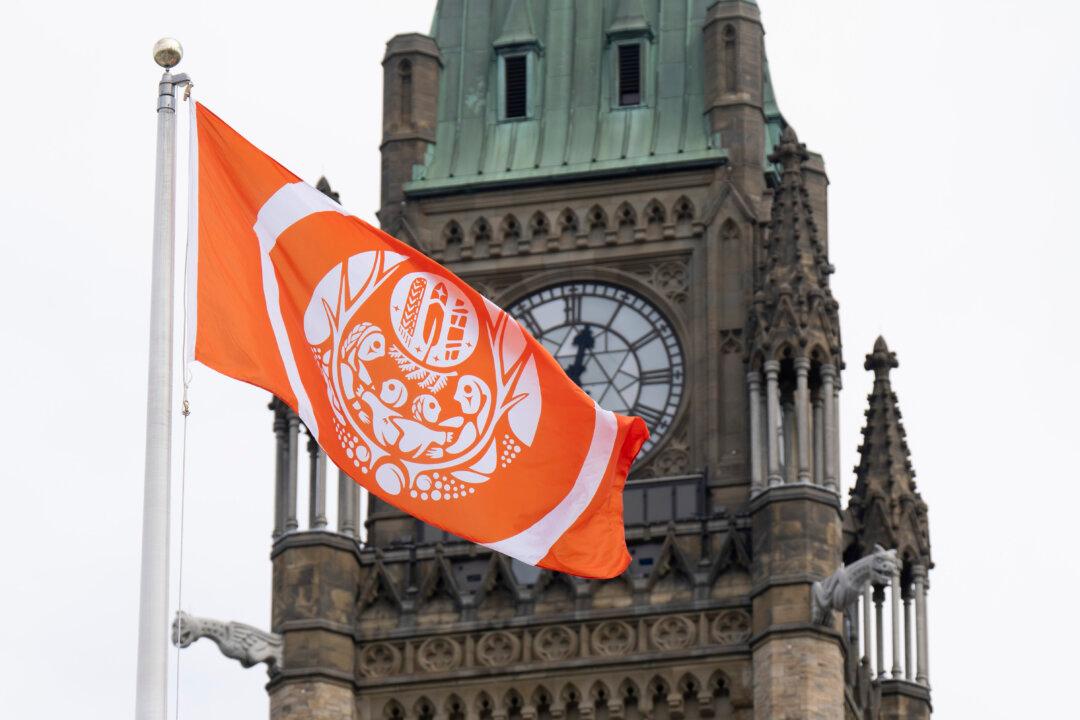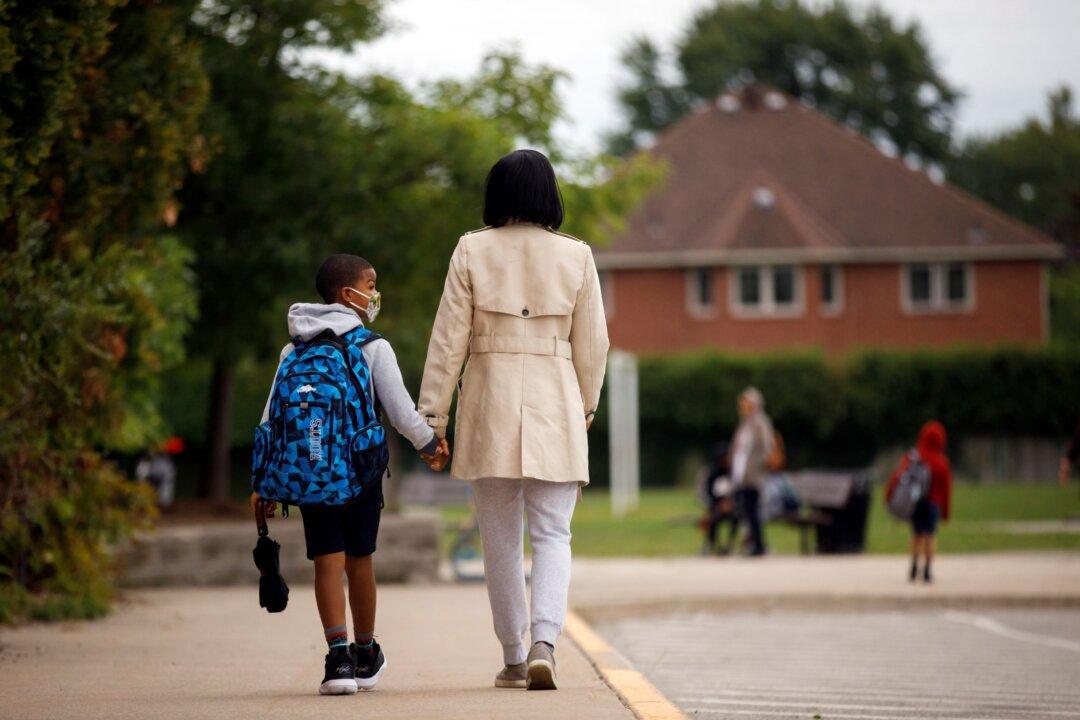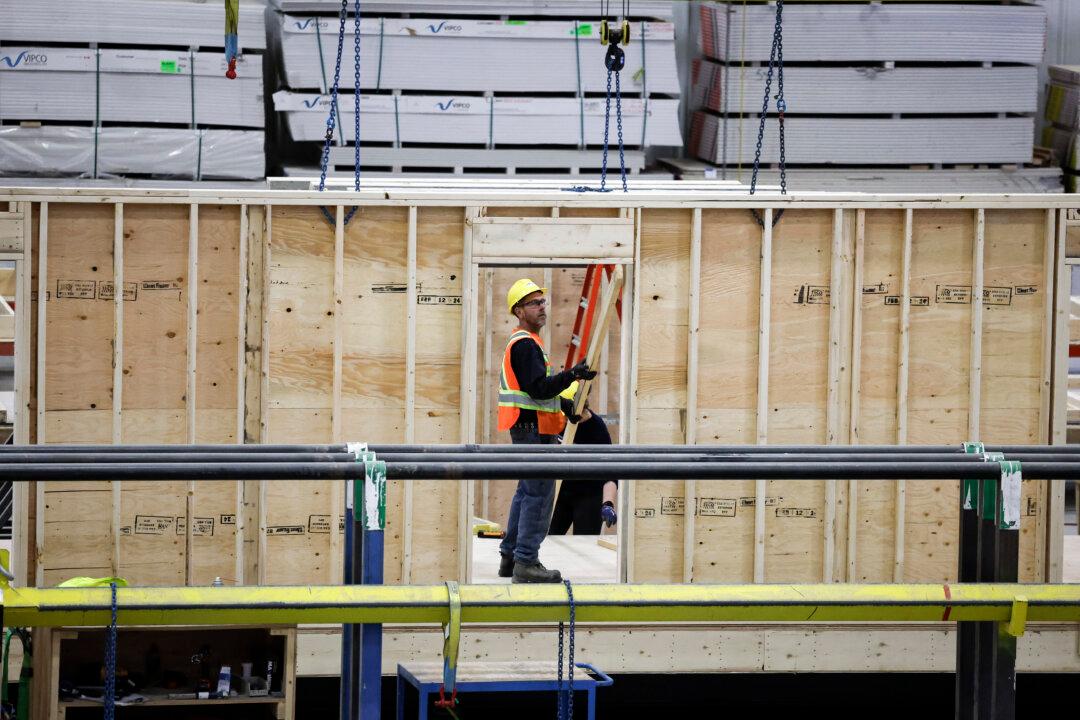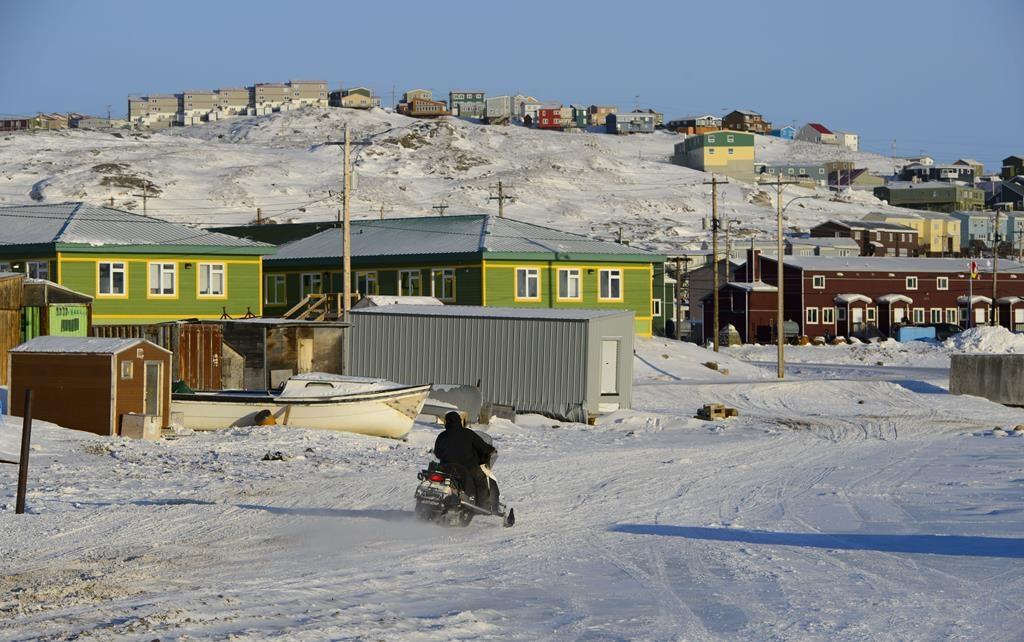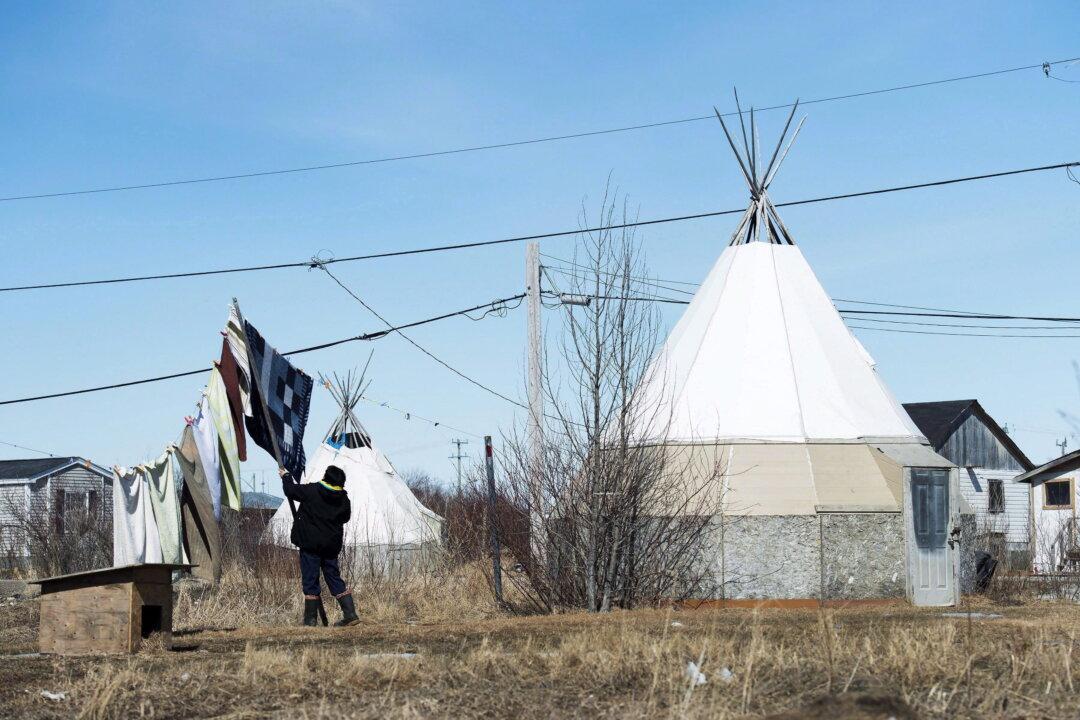Commentary
So here we go again, with a flag flying on Parliament Hill to commemorate allegedly universal horrors of residential schools for the indigenous. Nobody says there was no abuse, although it’s nothing compared with today’s hell-hole prisons across Canada. They hold more indigenous inmates, nearly 15,000, than at peak enrolment in residential schools, just under 12,000, according to the volume “The History, Part 2” from the Truth and Reconciliation Commission of Canada (TRC).
